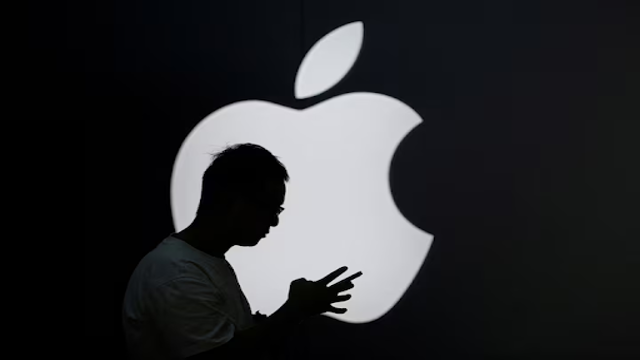
The European Union is increasing its demands for Apple to allow competitors access to its features.
The European Union is pushing Apple to make its iPhone operating system more compatible with devices from other companies. This comes after complaints that Apple’s current policies limit the ability of third-party products, such as smartwatches and earbuds, to work seamlessly with iPhones.
On Wednesday, the European Commission called on Apple to make significant changes to iOS. The Commission wants Apple to provide third-party developers with better access to iPhone features, including the ability to request access and a dedicated contact to handle these requests. Additionally, the EU seeks clearer procedures for rejected requests and steps toward resolving disputes.
The conflict highlights a key issue: Apple argues that its closed system provides a superior, privacy-focused experience for users. However, the EU has been working to curb the dominance of large American tech firms like Apple.
The EU has published a list of features that it wants Apple to make available to third-party developers, including Wi-Fi connectivity, file transfer, and video streaming from devices. These features are seen as essential for devices from competitors to function well with Apple’s products.
Apple has responded by claiming that the EU’s Digital Markets Act (DMA) could put users at risk. In a statement, Apple said the rules would force users to open their devices and sensitive data to companies with questionable privacy practices, such as Meta Platforms. Meta, which owns Facebook, has made numerous requests to access sensitive Apple technologies under the DMA. Apple has expressed concerns that Meta’s requests could compromise user privacy and security.
Meta has also developed its own hardware, including virtual reality headsets and smart glasses, which are designed to work with iPhones and Android devices. The company has had ongoing disputes with Apple over privacy features and in-app fees on iOS applications, which Meta claims hurt its business.
Now, under the DMA, Meta is pushing for more compatibility between its products and Apple’s technology. The goal of the new rules is to ensure that other developers can access essential Apple features like Siri's voice commands and the company’s payments chip.
Apple argues that forcing the company to share its technology with rivals stifles innovation. The company believes that developers should be able to compete freely to create new features and products that benefit users, without revealing their ideas to competitors. Apple also pointed out that it is the only company being forced to share its innovations in this way.
On the other hand, Meta claims that Apple’s stance is anticompetitive. A Meta spokesperson criticized Apple for not supporting interoperability, arguing that Apple uses privacy concerns as a defence without any real basis.
If Apple does not comply with the DMA regulations, the EU may launch a formal investigation next year. This could lead to significant fines, potentially up to 10% of Apple’s global annual sales. Apple is also facing an ongoing investigation into its App Store rules, which could result in additional penalties.















